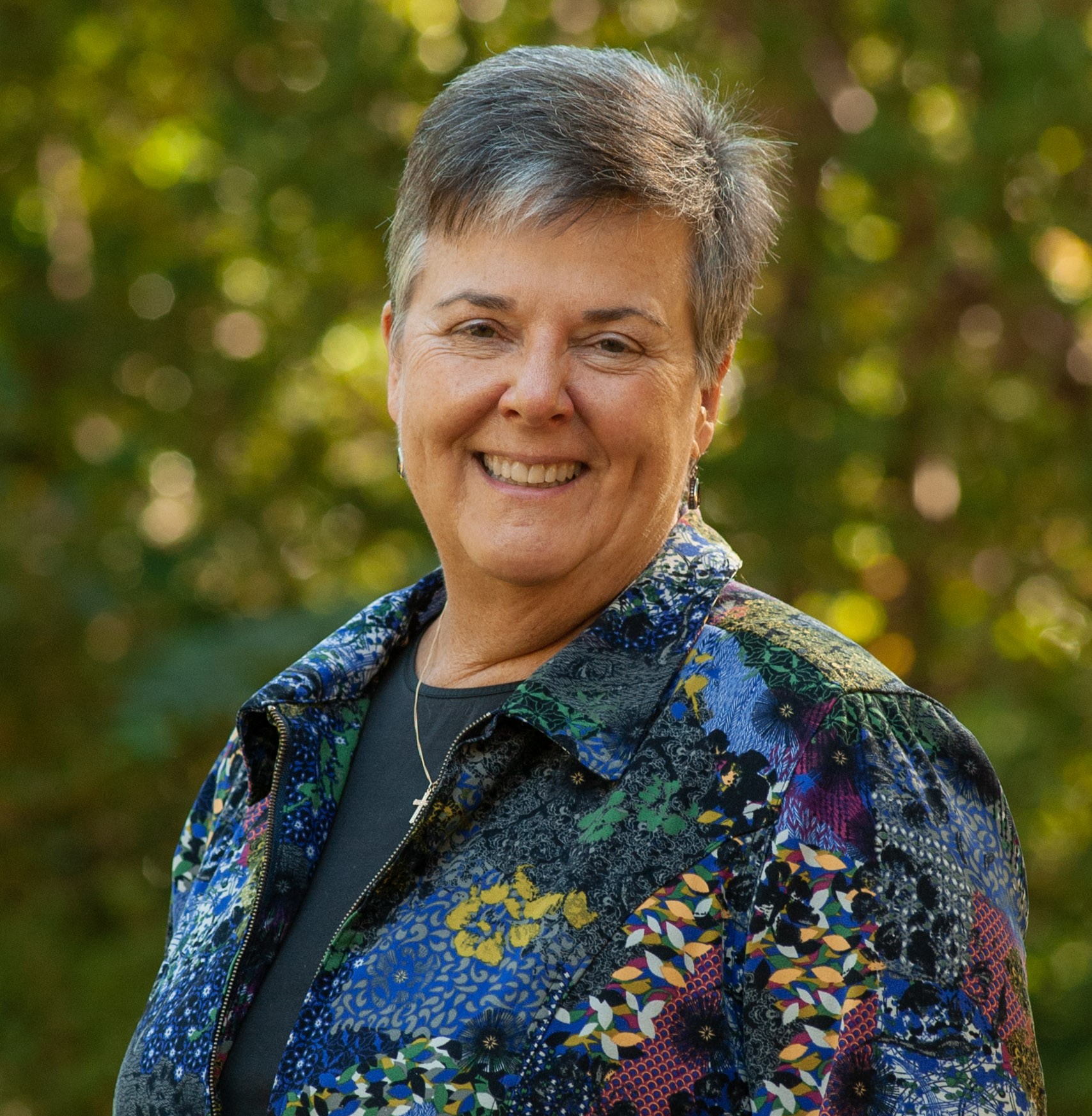April 1, 2025
KSRE and K-State 105 National Leader in Community Health Workers (CHWs) in Extension

Wouldn’t it be helpful if someone in your extension unit accompanies you to community education events and follows-up with participants who seem preoccupied, “not tracking,” blue, or depressed?
Wouldn’t it be great if you could extend extension’s reach with a staff member whose duties include collaborating with health navigators, peer mentors in clinics, hospitals, mental health centers, homeless shelters, and food pantries?
Wouldn’t it be significant if your community had access to a trusted ally with community ties who could listen and support people who struggle to balance basic needs, chronic health conditions, and costly treatment?
Thanks to K-State 105, leadership in five extension units, and partners, K-State Research and Extension has launched a project of extension community health workers (CHWs) in five local units. The rural ag health project (RAH CHW) is the first of its kind in the nation and is underway in:
• Wildcat Extension District – Valori Stone is the lead agent; director Carrie Lance.
• Southwind Extension District – Tara Solomon-Smith is the lead agent; director Krista Harding.
• Meadowlark Extension District – Teresa Hatfield is the lead agent; director David Key.
• Marshall County Extension – Susie Latta is the lead agent and director.
• River Valley Extension District – Wade Reh is the lead agent and director.
The RAH CHW project, which began last summer, is being implemented locally with support from a team comprised of Elizabeth Kiss, Elaine Johannes, Erin Martinez and partners from Kansas Ag Safety and Health (KASH), KUMC COPE, Unite Us, KAMS, and the Kansas Community Health Worker Coalition (KCHWC) through Wichita State University’s Community Engagement Institute.
Community Health Workers (CHWs) are front line, trusted community members who have a keen understanding of the communities they serve. Extension’s RAH CHWs are focused on reaching out to rural residents, agricultural producers, employers, and vulnerable people to be a link to necessary health, social and community services.
Across the nation, CHWs work closely with individuals and families to navigate health care and social systems by connecting them to resources and services. Due to the aging of the U.S. population, poorer health overall, social and geographic isolation, and health provider shortages, the U.S. Bureau of Labor projects that employment of CHWs will grow 13% from 2023 to 2033, which is faster than the average for all occupations.
CHWs do not substitute for the work of extension professionals; they extend it. The CHWs scope-of-practice is rooted in the tradition of informed and trusted individuals who serve their communities as promotores(as) – or, health promoters -- community health advisors, lay health advisors, outreach workers, and community health representatives among American Indian, Indigenous peoples.
No matter the title, CHWs build individual and community capacity by increasing health knowledge, self-sufficiency and helping fill community health gaps. The work of extension CHWs adheres to the KCHWCs professional scope-of-practice roles of:
Healthcare Liaison.
Health Education.
Client Support.
Care Coordination.
Client Empowerment and Advocacy.
As early as 1964, studies have demonstrated the effectiveness of CHWs to help individuals improve their health status and health behaviors that impact chronic disease screening, cancer screening, mental health, and management of chronic diseases (https://pmc.ncbi.nlm.nih.gov/articles/PMC6684283/).
For example, in rural South Dakota, patient navigators/community health representatives serving American Indian individuals improved cancer care by averaging three fewer days of interruptions for those needing radiation treatment. In rural Alabama, 95% of patients with diabetes and chronic pain reported satisfaction and improved quality of life when served by a CHW who was trained in a cognitive behavioral intervention. (https://www.astho.org/globalassets/pdf/community-health-workers-summary-evidence.pdf)
In 2025, the extension CHW model is expected to expand and to be sustained. If you’d like to know more, please contact leadership of the RAH CHW project: Elizabeth Kiss, Elaine Johannes, Erin Martinez.